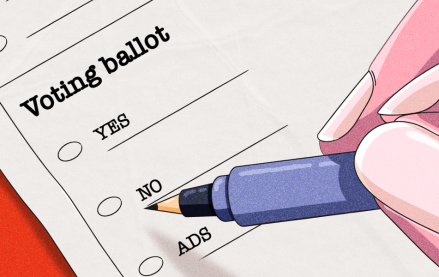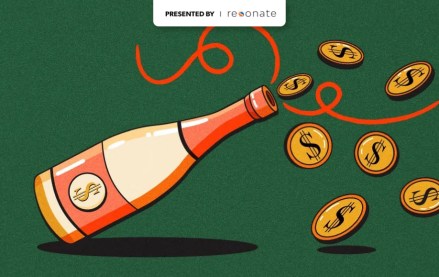Why Spirited Media is taking an NPR-inspired approach to memberships
As the era of free news wanes, one question for media companies that are pivoting to subscriptions and memberships is figuring out how much people are willing to pay. Local news startup Spirited Media believes the answer lies in an NPR-like approach that lets people pay what they want.
Three-year-old Spirited, with sites in Philadelphia, Pittsburgh and Denver, plans to roll out memberships in early 2018 as it seeks to decrease its dependence on digital ad revenue, which has always been a hard way for local news to support itself. Spirited laid off five employees recently after projecting it would miss its 2017 ad revenue target by 20 percent.
There will be three membership tiers — Spirited’s CEO Jim Brady said the exact prices and benefits haven’t been decided — but the lowest one will be roughly $25 to $100 a year and give members access to the newsroom through a Slack channel and custom newsletters. Those paying between $100 and $500 a year will get the entry-level benefits plus access to certain local events and free city-centric merchandise like T-shirts that Spirited plans to create. People who pay more than $500, the highest tier, will get all that as well as access to pricier events. News on the sites will remain free.
Brady said he came to see the value in this approach when Spirited put on a free event in Denver and raised $500 just by passing the hat.
“The logic is that you have people in a lot of different stages of life,” he said. “What if there are people who have a lot of money and like what you do? There are people who are well-heeled and read us religiously and believe in the future of local news. I’m not interested in capping them.”
Spirited is working with News Revenue Hub, which has helped other news startups including Voice of San Diego (which started News Revenue Hub), The Intercept and The Marshall Project develop membership plans. Brady aims to convert 10 percent of Spirited’s 25,000 newsletter subscribers to members paying at least $10 a month, based on the News Revenue Hub model. Typically, around 3 percent of a publisher’s entire digital audience will convert to a paid subscription, although it can be higher depending on the loyalty of the audience and quality of the editorial.
The model won’t work for everyone. It requires having a strong relationship with readers and asking for help on an ongoing basis, which takes a culture shift at many publishers, said Mary Walter-Brown, CEO of the News Revenue Hub, which has 16 clients including Spirited. Publishers also need a team devoted to things like fundraising, marketing and database management, she said. (News Revenue Hub handles those duties for its clients.)
Different from many digital publishers, the News Revenue Hub model focuses its membership effort on building a relationship with people through a series of emails rather than bombarding them with pop-up messages while they’re on the publisher’s site. “It’s the most effective way to convert people,” Walter-Brown said. “It’s very personal.”
Events will be at the heart of Spirited’s membership approach. Spirited operates in markets that aren’t already saturated with live events and believes it can bring value in giving people access to the newsmakers and places that are usually off-limits to the public, like local officials or the locker room of a local sports team. The company put on around 50 free or paid events last year that drew about 5,000 people and is betting that getting people to an event increases their likelihood of becoming paying members.
Other media companies have benefited from Donald Trump’s attacks on the media to drive subscriptions, although that growth has leveled off. As a local news publisher, Spirited has a different angle. Its bet is that people have a strong affinity for their local news outlets and are also increasingly aware of the plight of local news.
“If you talk to people about local news brands, they still have a passion for their local newspaper,” Brady said. “Where you do have that emotional connection, you should assume you can get more than a couple bucks a month. But you have to have a connection with them.”
More in Media

Publishers revamp their newsletter offerings to engage audiences amid threat of AI and declining referral traffic
Publishers like Axios, Eater, the Guardian, theSkimm and Snopes are either growing or revamping their newsletter offerings to engage audiences as a wave of generative AI advancements increases the need for original content and referral traffic declines push publishers to find alternative ways to reach readers.

The Guardian US is starting its pursuit of political ad dollars
The Guardian US is entering the race for political ad dollars.

How much is Possible’s future in Michael Kassan’s hands?
Some people in the know at Possible said they see the conference taking a bite out of Cannes’ attendance, most acutely by U.S.-based marketers who could save money by staying on this side of the Atlantic.








